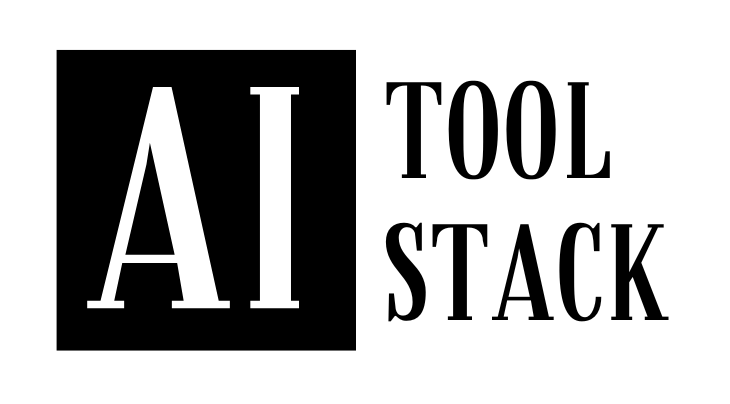A recent Thomson Reuters study has shown that generative AI models like ChatGPT can be useful in industries such as programming, marketing, and even recruiting. However, the technology can also be applied to other fields like legal, tax, and accounting firms. The study surveyed 1,801 professionals across legal, tax, and accounting firms in the United States, United Kingdom, and Canada to get their insights about generative AI. Surprisingly, a majority of respondents (78%) believed that generative AI tools like ChatGPT can enhance legal or accounting work and about half of the respondents (52%) believed that the technology should be used for legal and tax work.
Although it may be difficult to imagine how AI assistants can help professionals who went through rigorous education programs to work within their technically demanding professions, AI can help curtail tedious work. Most respondents across both fields, about two-thirds of corporate legal and 80% of tax professionals, cited research as the most compelling use case for AI. Research is a major component of any profession, even if you are just a student. AI can help curtail this work by scanning PDFs for you, scouring the web to provide you with the best sources, or even just answering a quick question you may have about a topic.
Despite the optimistic look toward AI, only 4% of the respondents are currently using AI, and 5% are planning to do so. The hesitation to implement AI relates to risk perception with 69% of respondents expressing risk concerns. These concerns are justified as AI pioneers, experts, and key players in the space are vocalizing their own concerns with the technology and the need for guardrails to protect user safety.
The legal industry has been slow to adopt AI, but that is changing. As the legal industry becomes more data-driven, AI can help lawyers make sense of the vast amounts of information they need to process. AI can help lawyers conduct legal research, draft legal documents, and even predict legal outcomes. AI can also help lawyers identify patterns in data, which can be useful in litigation.
In the tax industry, AI can be used to automate tedious tasks like data entry and tax preparation. AI can also help tax professionals identify tax planning opportunities and make more accurate tax predictions. This can be especially useful for businesses that need to make decisions based on tax implications.
In the accounting industry, AI can be used to automate tasks like bookkeeping and data entry. AI can also help accountants identify patterns in data, which can be useful in financial analysis. AI can also help accountants identify fraud and other irregularities in financial statements.
Despite the potential benefits of AI, there are also risks. One of the biggest risks is the potential for bias. AI systems are only as good as the data they are trained on, and if that data is biased, the AI system will be biased as well. Another risk is the potential for AI to replace human workers. While AI can automate many tasks, there are still many tasks that require human judgment and expertise. Finally, there is the risk that AI systems will be hacked or otherwise compromised, which could lead to serious consequences.
Overall, the potential benefits of AI in the legal, tax, and accounting industries are significant. However, it is important to proceed with caution and to ensure that appropriate guardrails are in place to protect user safety. As the legal industry becomes more data-driven, AI will become an increasingly important tool for lawyers. In the tax and accounting industries, AI can help automate tedious tasks and provide valuable insights into financial data.

